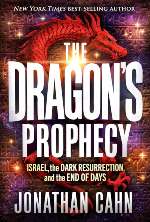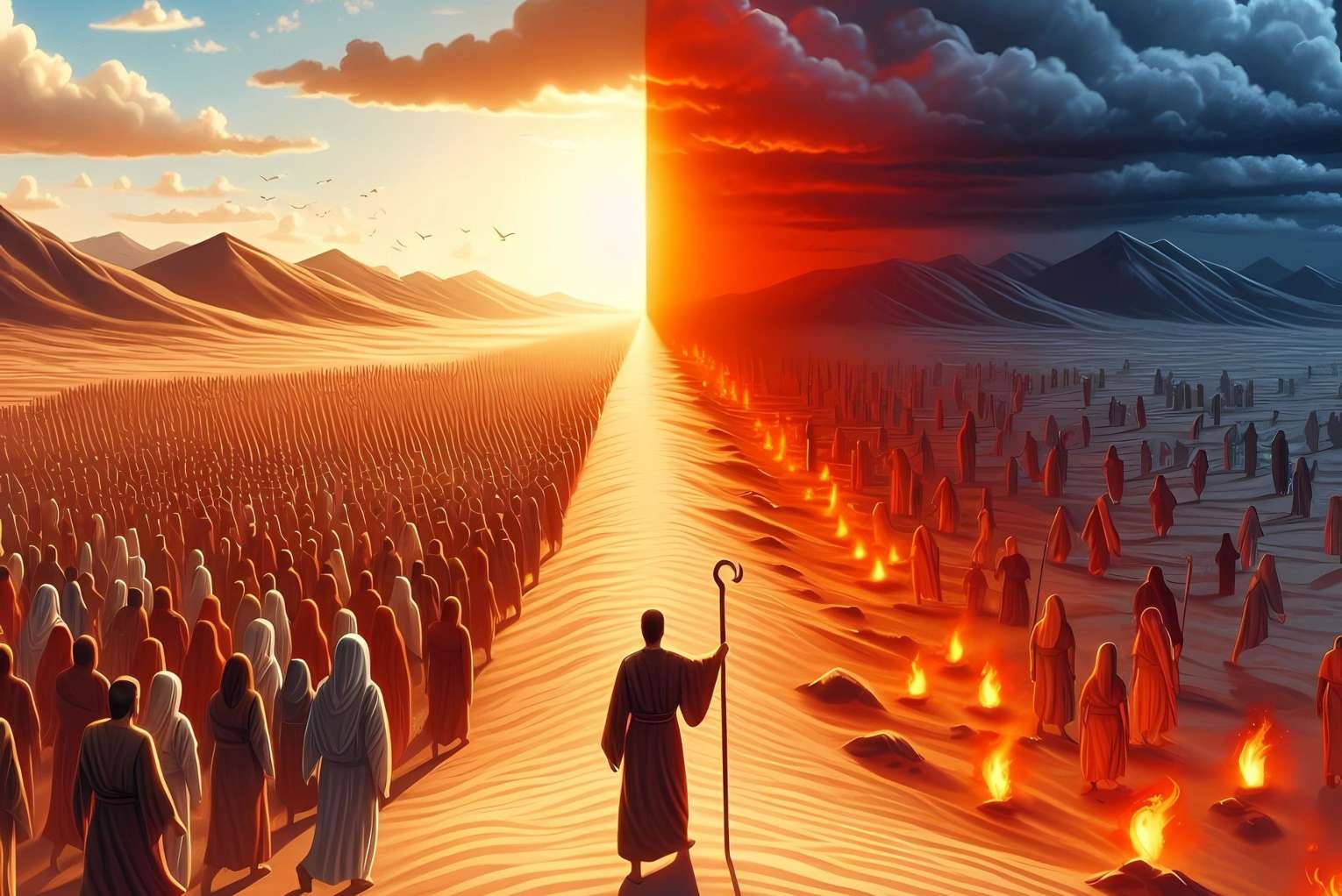Prophets in Politics?
This is part one of a three-part article. Find part two at this link and part three at this one.
In the grand narrative of human history, the story of the exodus stands as a profound testament to the transformative power of faith. It is a biblical narrative, not merely of physical liberation from bondage but of the intentional and radical formation of a new social order that embodies the vision of divine freedom. This narrative holds essential lessons for those called to prophetic ministry today, urging them to engage deeply with political issues, social justice and national affairs that impact righteousness and justice.
A New Social Order
The participants in the exodus found themselves unexpectedly thrust into the creation of a new community, one that would break away from the oppressive structures of Egypt. This new order was not a mere continuation of their past but an entirely new reality, defined by principles of justice, compassion and divine freedom. And for years, this community flourished, starkly contrasting the rigid, exploitative systems they had left behind.
The Radical Break From Imperial Reality
Breaking News. Spirit-Filled Stories. Subscribe to Charisma on YouTube now!
The radical break of Moses and Israel from the imperial reality of Egypt marked a two-dimensional departure from both the religion of static triumphalism and the politics of oppression and exploitation. Moses dismantled the religion of static triumphalism by exposing the gods of Egypt, revealing their impotence and falseness. This act stripped Pharaoh’s regime of its mythical legitimacy, demonstrating that the divine sanctions it claimed were nonexistent.

To pre-order Jonathan Cahn’s newest book, “The Dragon’s Prophecy,” visit Amazon.com.
In place of the gods of Egypt—mere constructs of imperial consciousness—Moses introduced Yahweh, the sovereign God who acts in divine freedom. Yahweh is not extrapolated from any social reality nor captive to human perception but acts independently towards divine purposes. This revelation of a free and sovereign God fundamentally undermined the religious and political foundations of Egyptian imperialism.
Dismantling Politics of Oppression
Simultaneously, Moses countered the politics of oppression and exploitation with a politics of justice and compassion. The reality that emerged from the exodus was not merely a new religious idea but the birth of a new social community in history. This community was built on principles of justice, compassion and divine freedom, offering a stark contrast to the oppressive systems of Egypt.
The Necessity of Divine Freedom
Drawing on the insights of biblical scholars like Walter Brueggemann, we learn that a politics of justice and compassion is unsustainable without a corresponding religion of divine freedom. Our social and political realities are ultimately reflections of the gods we worship. If our understanding of the divine is static, oppressive, demonic and wicked, so too will be our societies. Conversely, a dynamic and liberating faith can give rise to communities characterized by justice, compassion and true freedom.
The Exodus narrative is a powerful reminder that faith has the potential to transform societies. By breaking away from oppressive structures and embracing a vision of divine freedom, we can create communities that reflect the highest ideals of justice and compassion.
This is the enduring legacy of prophetic faith and the challenge it poses to each generation. Prophetic individuals are called to be the catalysts of this transformation, actively engaging in political, social and national affairs to bring about a world that mirrors the justice and righteousness of God.
Join Charisma Magazine Online to follow everything the Holy Spirit is doing around the world!
Charlie Shamp is co-founder and president of Destiny Encounters International. He is a sought-after international keynote speaker, having ministered nationally and internationally with radical demonstrations of faith, seeing lives transformed through the power of the Holy Spirit.















































